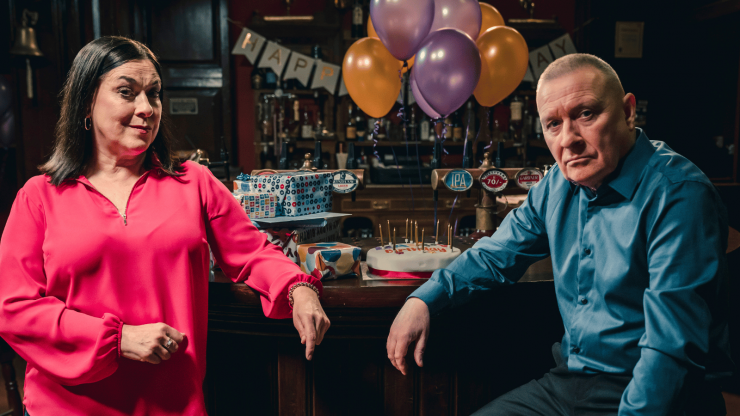The BBC has unveiled the steps it pledges to take to establish itself as a ‘gold standard’ for inclusion in the TV workplace.
Building on director-general Tim Davie’s ’50-20-12’ target for its workforce to be 50% female, 20% BAME and 12% with a disability in five years, the 2021-23 Diversity and Inclusion Plan aims to overhaul recruitment processes, improve diversity up to the top level and make the corporation more accessible to people with disabilities.
The launch of the plan comes only a fortnight after a restructure of the BBC News editorial board left it with no diverse representation, as editorial director Kamal Ahmed's role was made redundant.
The BBC is promising:
- The biggest ever growth in entry-level opportunities, with a boost in apprenticeship places at mid-career level, including an expansion of the Assistant Commissioner Programme into other roles across the corporation.
- An overhaul of recruitment, including an outreach programme focused on engaging communities currently underrepresented in the BBC’s workforce
- Expanding the pool of diverse senior leaders, including an external market map of BAME and disabled recruitment. By 2022, it will establish a diverse talent pool that can apply for senior vacancies when they arrive. On top of this, around 20-30 people a year will participate in a leadership programme for under-represented groups, with regular access to the top team including the director-general
- New inclusive behaviour training and toolkit to tackle non-inclusive behaviours among all staff and leaders and improving listening and decision-making on issues related to diversity
- Improved accessibility, including increased consultation with disabled staff when making decisions around policies, working practices and the BBC’s services. Measures include an annual audit of site accessibility and a national marketing campaign to encourage disabled people to apply to work for the BBC
The corporation will also showcase 100 of its staff who embody the BBC’s values and demonstrate positive and inclusion behaviours, nominated by staff and contractors. The chosen individuals will sponsor or mentor an employee, or potential one.
Workforce consultation
The BBC established these goals following extensive consultation with its workforce, including an online survey completd by 8,300 staff and a series of 50 focus groups totalling 300 people.
This uncovered a feeling that the BBC had an inconsistent approach to inclusion and people management, and a significant lack of trust in its recruitment processes.
On 17 March, the BBC will host a day in which it will outline how production companies and programme makers can qualify for the £100m of TV commissioning spend and £12m of radio programming budget it has ringfenced for diverse content.
During its previous review, which spanned 2016-2020, the BBC’s achievements included mandatory inclusive culture training for team leaders, more than 1,000 trained mentors and the creation of a ‘disability passport’.


